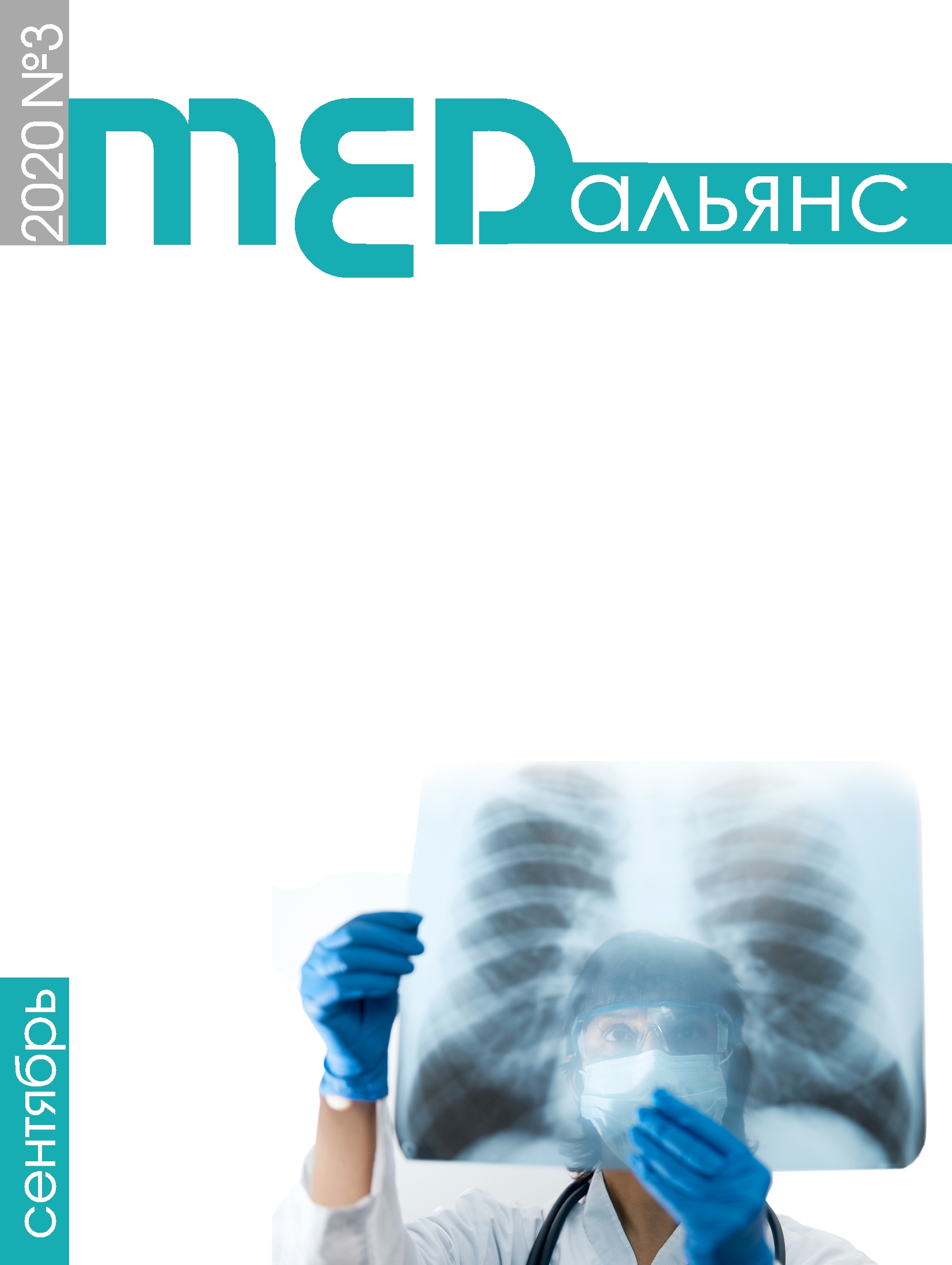Abstract
The results of sanatorium treatment of 102 patients (aged 18 to 79 years, 30 men and 72 women) who have had a new coronavirus infection (COVID-19) are presented in the article.
Materials and methods. A 21-day health improving program was developed to restore the functions of external respiration, increase mobility, achieve psychoemotional stability, and restore patients’ daily activities. Exercise tolerance (6-minute walking test, Borg scale, mMRC scale), hypoxia tolerance (Genchi and Stange functional tests), peripheral muscles’ strength (MRC scale), oxygen saturation, anxiety and depression intensity (HADS Hospital Anxiety and Depression Scale), quality of life (EQ-5D), and nutritional status were evaluated, as well as indicators of external respiratory function of patients upon admission and discharge from the sanatorium.
Results. In the result of such therapy clinical and laboratory indicators improved (patients rarer complained of weakness (down from 73% to 3.9%), shortness of breath during exercise (from 58 to 14.7%), manifestations of angiodistonic syndrome (from 39 to 3%), and ESR level (from 40 to 13.7%). During the 6-minute walk test, there was a significant increase in the distance traveled compared to the test at admission in all observation groups. 83 out of 90 test subjects (92.2%) co vered a longer distance covered. On average, the distance increased 14% in patients with mild COVID, the average increase was 81 meters, 12% (47 meters) in patients with moderate severity, and 21% (112 meters) in those who had severe infection. Psychoemotional state evaluated by the Hospital Anxiety and Depression Scale showed a decrease in the average level of anxiety from 4.9 to 3.6, and depression — from 4.3 to 3 points. The average quality of life score (EQ-5D questionnaire) at discharge was 7.3 points compared to 8.9 at admission.
Conclusion. The authors demonstrated the effectiveness of the sanatorium-resort care in achieving psychoemotional stability and restoring daily activities in COVID-19 recovalescents.

